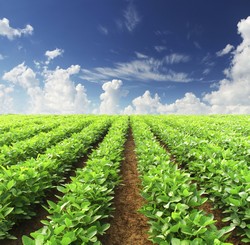EU food production slump investigated
Globalisation, the economic downturn, increased EU market competition and rising food prices all affect Europe's food production and distribution. Studying the factors that affect the European food sector's competitiveness will help limit their impact in the future. The EU-funded COMPETE (International comparisons of product supply chains in the agro-food sectors: Determinants of their competitiveness and performance on EU and international markets) initiative aimed to provide a deeper understanding of competition by studying the food supply chain in Europe and the world. COMPETE studied the existing literature on agri-food industry competitiveness and examined the current supply chain situation. The researchers found that factors such as diet changes, new technologies, increasing level of technology and mechanisation in agriculture negatively affect competitiveness in Europe. The researchers analysed how policy, technology, markets, governance and innovation factors have changed using an integrated supply chain approach. COMPETE analysed how these factors have influenced companies and countries in the identified EU agri-food supply chains. Project results show that although agri-food exports and imports grew, the market share of the majority of EU Member States declined. COMPETE found that the market shares of new Member States grew disproportionately to the rest of Europe. In contrast, COMPETE found that a poor economic climate in new Member States has caused a lack of capital that could be used to help them innovate and adapt mechanisation in their agri-food sectors. Another finding was that these States' agri-food sectors are inefficient and fall behind in terms of productivity. The researchers found that competitor countries like Argentina, Brazil and Russia boosted their export values tremendously. COMPETE worked out that the three countries increased their agri-food exports, thereby having greater influence on international markets. Understanding how global and regional economic factors impact on the competitiveness of European agri-food markets will help economists and planners mitigate the problem in the future.







